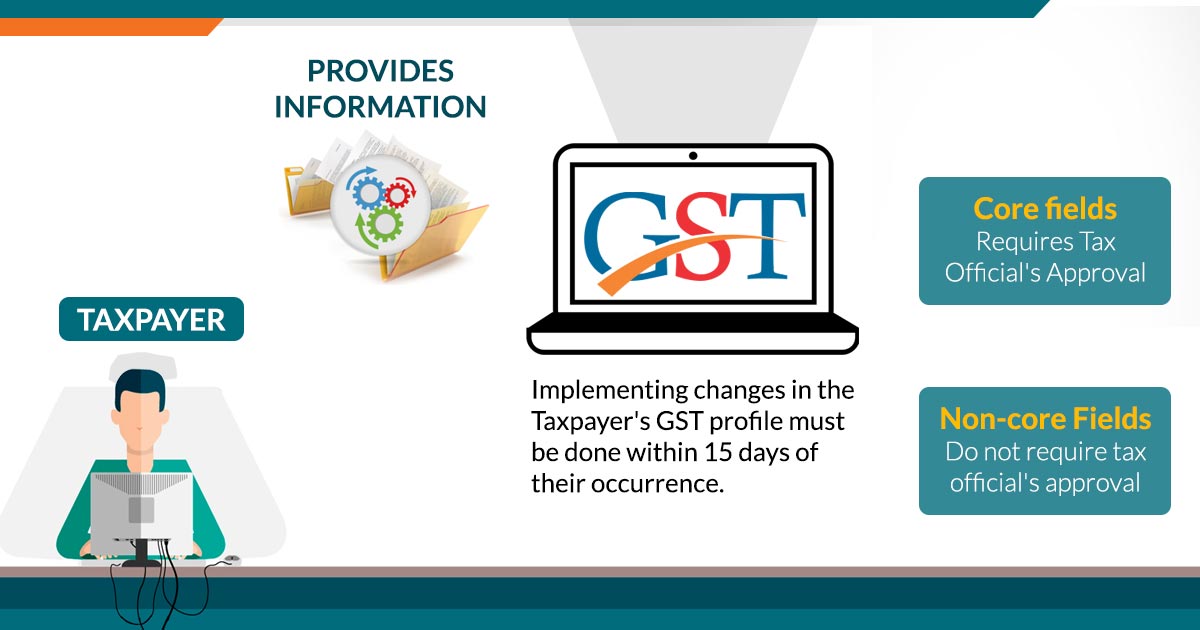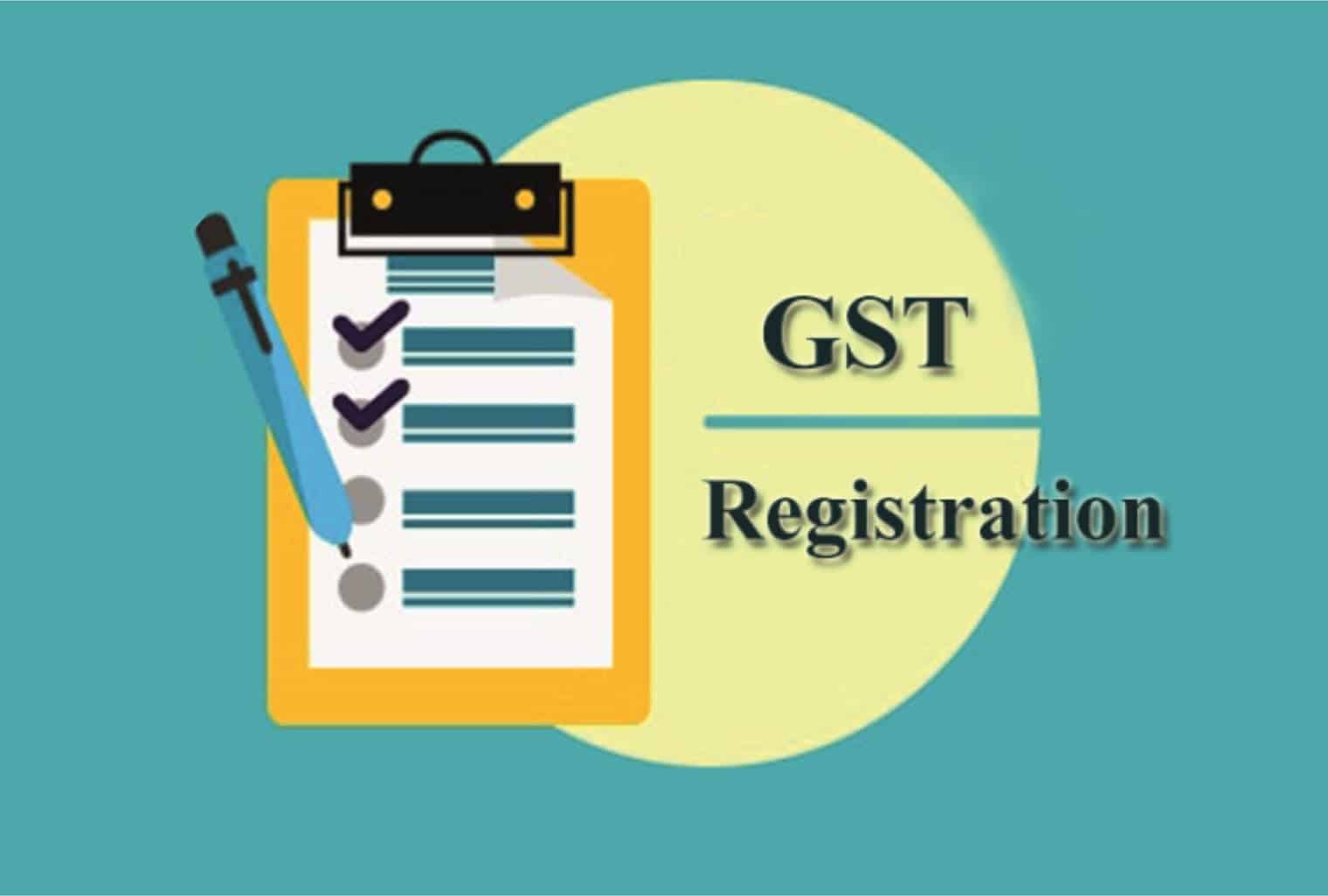Discover Why CFO Account & Services is Your Finest Selection for GST Registration in Singapore
Discover Why CFO Account & Services is Your Finest Selection for GST Registration in Singapore
Blog Article
Browsing the Complexities of GST Registration: A Comprehensive Overview for Entrepreneur
Browsing the complexities of GST enrollment can be a daunting job for several company owner, as it includes a myriad of guidelines, regulations, and refines that need to be adhered to. With the ever-evolving landscape of tax obligation legislations, making sure compliance and recognizing the ins and outs of GST registration is critical for the smooth operation of any kind of company. From determining qualification and gathering the essential paperwork to maximizing operations for optimal effectiveness, this comprehensive overview aims to supply local business owner with the understanding and tools required to browse the complexities of GST enrollment successfully.
Qualification for GST Registration
Company owner need to meet certain criteria to identify their qualification for GST registration. As a whole, services with a yearly turnover surpassing a certain threshold are needed to sign up for Goods and Solutions Tax (GST) This threshold differs by country, however it is crucial for entrepreneurs to remain informed regarding the details regulations in their territory. In addition, businesses included in interstate products, ecommerce, or the stipulation of certain specified solutions and items may likewise be mandated to sign up for GST, no matter their turn over.
Furthermore, businesses that are registered under any previous tax obligation program, such as VAT or solution tax, are generally called for to change to GST registration. By adhering to the necessary standards, services can smoothly browse the complexities of GST enrollment and operate legally within the tax obligation framework.
Records Required for Enrollment
To complete the GST enrollment procedure, businesses require to collect and send an extensive collection of documents. The crucial records required for GST enrollment typically include proof of organization registration or consolidation such as the Certification of Unification, collaboration deed, or any type of various other enrollment certification.
Furthermore, certain records connected to the nature of the business, such as a checklist of goods or services supplied, HSN codes for items, and SAC codes for services, might be required - Why choose CFO Account & Services for GST registration in Singapore. It is important for organizations to guarantee that all documents submitted are precise, updated, and in the recommended style to avoid any hold-ups or difficulties in the GST enrollment process
Refine of GST Registration
Having actually set up the requisite documentation, businesses continue to initiate the GST enrollment process by involving with the on the internet portal marked for registration. This on-line website is the Goods and Solutions Tax Network (GSTN) website, which works as the key platform for all GST-related tasks in India. Upon accessing the website, businesses are needed to fill in the GST enrollment form with exact details concerning their business activities, turnover, and various other appropriate details.
When the kind is completed and sent on the portal, the GSTN confirms the information offered by the organization. The applicant might be called for to provide extra details or clarification if any kind of discrepancies are discovered. Adhering to successful verification, a GST Learn More enrollment certification is issued to business entity. This certification contains a special Item and Services Tax Recognition Number (GSTIN) that is made address use of for all GST-related purchases.
It is necessary for companies to make sure that the info given during the GST registration process is precise and as much as day to stay clear of any kind of possible issues or delays in obtaining the GST registration certificate.
Comprehending GST Conformity

Companies require to be knowledgeable about the various GST compliance demands based upon their turn over, nature of services or goods, and the states in which they operate. It is essential to stay updated on any type of changes in GST legislations and laws to avoid any non-compliance issues.
Non-compliance with GST guidelines can result in large penalties, penalties, and blog even legal effects. Businesses have to spend time and resources in educating themselves and their team on GST compliance. Seeking specialist support from tax experts or experts can also help in browsing the intricacies of GST compliance and making certain that services operate within the lawful framework.

Tips for Optimizing Organization Procedures
For improved effectiveness and productivity in business procedures, calculated planning and streamlined procedures are vital components. One tip for maximizing service operations is to leverage technology properly (Why choose CFO Account & Services for GST registration in Singapore). Applying the appropriate software remedies can automate repeated tasks, boost accuracy, and enhance general workflow performance. Furthermore, conducting routine performance analyses and gathering responses from workers can provide useful insights for determining bottlenecks and locations for improvement.
Another essential facet is prioritizing tasks based upon their importance and due dates. By developing a clear hierarchy of tasks and establishing practical timelines, companies can make sure that crucial activities are finished promptly. Cultivating a society of open communication and partnership amongst group members can lead to increased effectiveness and technology.

Conclusion
Finally, navigating the intricacies of GST enrollment needs a clear understanding of qualification criteria, needed records, enrollment processes, and compliance demands. By sticking to these standards and maximizing business procedures, entrepreneur can ensure smooth operations and compliance with the GST guidelines. It is crucial for businesses to stay informed and updated on GST policies to prevent any type of charges or lawful concerns.
The vital documents needed for GST enrollment commonly consist of evidence of service registration or incorporation such as the Certification of Unification, collaboration action, or any type of other registration certificate.Having actually assembled the requisite paperwork, companies continue to initiate the GST enrollment process by involving with the on-line portal designated for registration. Upon accessing the site, services are required to load out the GST enrollment type with exact information concerning their organization tasks, turn over, and other relevant details.
In order to preserve adherence to GST guidelines and avoid fines, organizations should prioritize recognizing GST compliance. By sticking to these guidelines and maximizing company procedures, company proprietors can guarantee smooth procedures and compliance with the GST laws.
Report this page